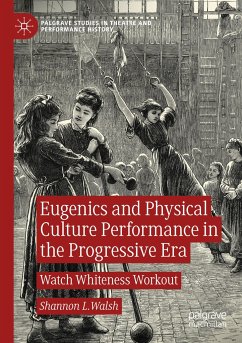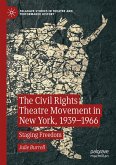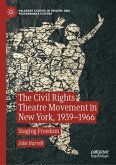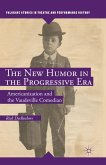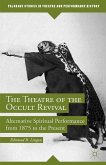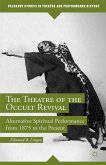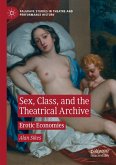This book strives to unmask the racial inequity at the root of the emergence of modern physical culture systems in the US Progressive Era (1890s-1920s). This book focuses on physical culture - systematic, non-competitive exercise performed under the direction of an expert - because tracing how people practiced physical culture in the Progressive Era, especially middle- and upper-class white women, reveals how modes of popular performance, institutional regulation, and ideologies of individualism and motherhood combined to sublimate whiteness beneath the veneer of liberal progressivism and reform. The sites in this book give the fullest picture of the different strata of physical culture for white women during that time and demonstrate the unracialization of whiteness through physical culture practices. By illuminating the ways in which whiteness in the US became a default identity category absorbed into the "universal" ideals of culture, arts, and sciences, the author shows how physical culture circulated as a popular performance form with its own conventions, audience, and promised profitability. Finally, the chapters reveal troubling connections between the daily habits physical culturists promoted and the eugenics movement's drive towards more reproductively efficient white bodies. By examining these written, visual, and embodied texts, the author insists on a closer scrutiny of the implicit whiteness of physical culture and forwards it as a crucial site of analysis for performance scholars interested in how corporeality is marshaled by and able to contest local and global systems of power.

